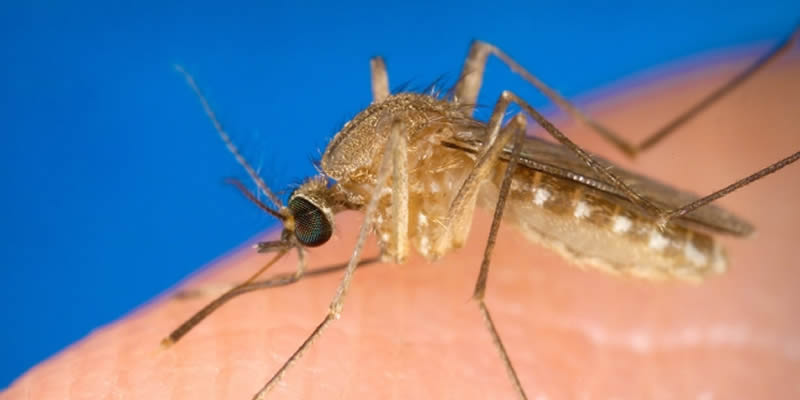Three people died after an outbreak in Athens which has infected 60 people this year, Greek authorities said on Friday, indicating they were monitoring the situation carefully.
“Since last week, we have registered 17 new cases,” of the mosquito-borne disease, the Greek centre for disease control and prevention (Keelpno) said.
Sixty cases have been recorded since the start of the year, with 16 people still in hospital, including four in intensive care, Keelpno added.
The bulk of infections have occurred within the last month.
“That is why we are warning the public,” an official said.
The cases, mostly in the western suburbs of Athens, mark a reappearance of the virus after an outbreak last year when Greek authorities registered 48 cases, resulting in five deaths.
The virus can cause symptoms similar to those of the flu, but in extreme cases, it can result in tremors, fever, comas and a lethal swelling of the brain tissue known as encephalitis. It can also cause meningitis.
First discovered in Uganda in 1937, the virus is carried by birds and spread to humans by mosquitoes. It is indigenous to Africa, Asia, Europe and Australia.
READ: 5 Diseases And Infections You Can Get From Kissing
“It is necessary that health professionals and national and local authorities are vigilant because there is no way of predicting which regions the virus could spread to,” said Keelpno.
Cases of the West Nile virus have also been reported in 2018 in Hungary, Italy, Romania, and Serbia, according to data from the European Centre for Disease Prevention and Control.
